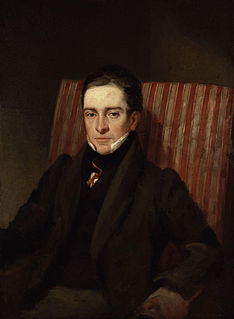A Quote by Samuel Johnson
The hapless wit has his labors always to begin, the call for novelty is never satisfied, and one jest only raises expectation of another.
Related Quotes
If you're reading an exciting book, it raises an expectation but it also raises a fear that the author is not going to deliver, that the expectation is not going to be met, you're going to be disappointed by a wrong turn. But when the thing is completed, the exhilaration and gratitude are deeply intense. You've gotten to read a great thing at its moment of emergence.
Even if man's hunger and thirst and his sexual strivings are completely satisfied, 'he' is not satisfied. In contrast to the animal his most compelling problems are not solved then, they only begin. He strives for power or for love, or for destruction, he risks his life for religious, for political, for humanistic ideals, and these strivings are what constitutes and characterizes the peculiarity of human life.
The prudent, penniless beginner in the world, labors for wages awhile, saves a surplus with which to buy tools or land, for himself; then labors on his own account another while, and at length hires another new beginner to help him. This, say its advocates, is free labor-the just and generous, and prosperous system, which opens the way for all-gives hope to all, and energy, and progress, and improvement of condition to all.
To be in love- where scorn is bought with groans,
Coy looks with heart-sore sighs, one fading moment's mirth
With twenty watchful, weary, tedious nights;
If haply won, perhaps a hapless gain;
If lost, why then a grievous labour won;
However, but a folly bought with wit,
Or else a wit by folly vanquished.



































